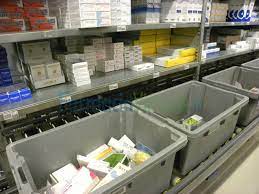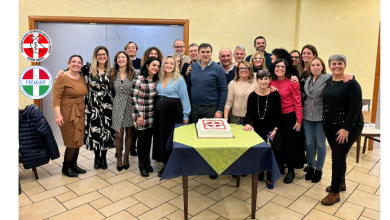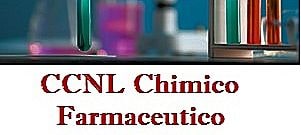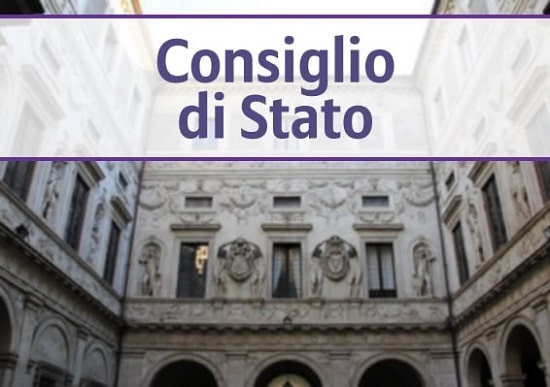
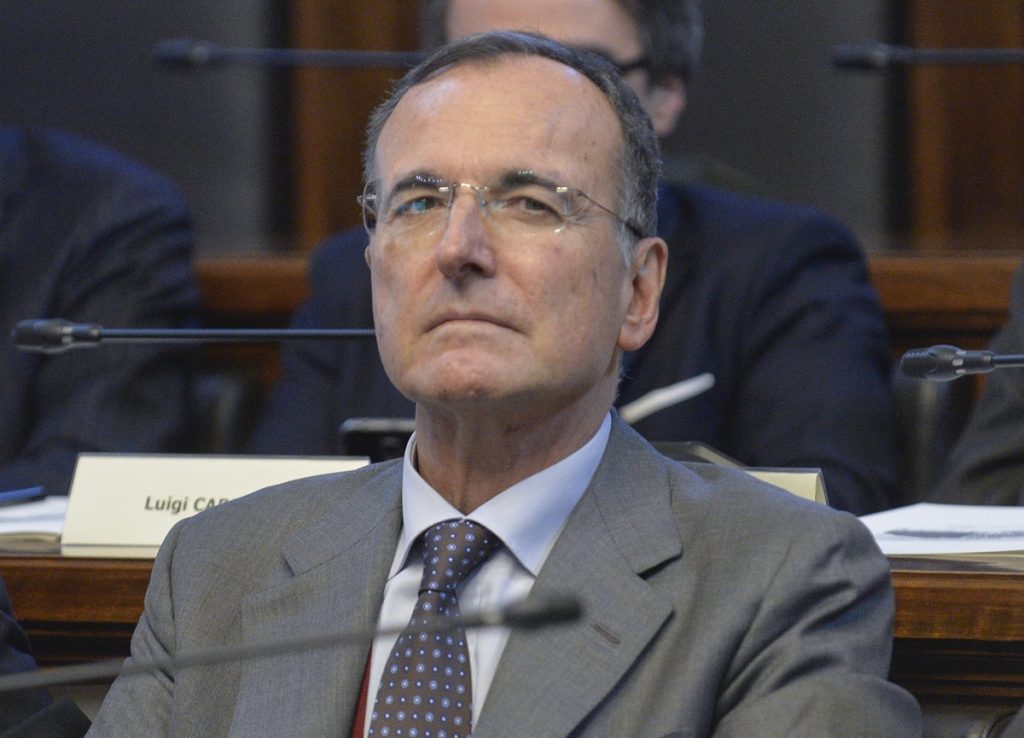 Section III of the Council of State, chaired by Franco Frattini, accepted, as a precautionary measure, the appeal of a group of general practitioners and suspended the note dated 22 July from AIFA which forbade off-label prescription (i.e. for a use not provided for in the leaflet) of hydroxychloroquine for the fight against Covid.
Section III of the Council of State, chaired by Franco Frattini, accepted, as a precautionary measure, the appeal of a group of general practitioners and suspended the note dated 22 July from AIFA which forbade off-label prescription (i.e. for a use not provided for in the leaflet) of hydroxychloroquine for the fight against Covid.
According to the judges, the administration must be left to the decision-making autonomy and responsibility of the individual doctor "in science and conscience" and with the obvious informed consent of the individual patient. The drug remains non-refundable
We report below the link that refers to the full version of the Ordinance of the Council of State and some excerpts of the same Ordinance
THE ORDER
The Ordinance of the Council of State “reports that the pharmacological action of the molecule, as it emerged in vitro, would be multiple and in particular would involve:
- the increase of the endosomal PH with the consequent inhibition of the fusion between the cell membrane and the virus;
- the inhibition of glycosylation of the ACE2 cell receptor, which further interferes with the binding between the virus and the ACE2 receptor;
- the inhibition of the transport of the virus from the endosome to the endolysome, required for the release of the viral genome into the cell;
- the immunomodulatory effect.
"The continuing uncertainty about the therapeutic efficacy of hydroxychloroquine, admitted by Aifa itself to justify the further evaluation in randomized clinical trials - reads the ordinance - is not a sufficient legal reason to justify the unreasonable suspension of its use on the national territory".
“The general practitioners who signed the appeal had complained of an injury to their freedom of therapeutic choice – sanctioned by the Constitution – in the face of clinical studies which, according to them, had not given a single answer. The doctors therefore bear responsibility for the administration of hydroxychloroquine, an aspect always underlined by the sentence of the Council of State: «The choice ... must be left to the decision-making autonomy and responsibility of the individual doctor in science and conscience and with the obvious consent informed about the individual patient.
“The constant and careful monitoring of the doctor who prescribed it remains unaffected”. Last data: the use of the discussed therapy remains non-reimbursable by the public health service ".
The ruling states "that, in a situation such as the current one of serious epidemiological emergency, in which studies, research, analyzes on Sars-CoV-2 infection follow one another and data on therapies, trials, on infections and, unfortunately, on deaths, a well-known fact, it is very difficult to deny, already on a logical level even before a chronological one, the occurrence of elements, moreover well documented by the appellants also in support of the appeal for additional reasons, and therefore of those «changes of circumstances» which not only can, but indeed must lead to an updated and informed reassessment of the measures taken by the competent authorities to deal with the spread of the virus".
“AIFA itself, in the repeatedly cited fact sheet on hydroxychloroquine published on www.aifa.gov.it and updated to November 25, 2020, providing «useful elements to orientate the prescription and to define a relationship between the benefits and the risks on the individual patient», he acknowledged that, as regards the population with less advanced disease, there is still little evidence, of far from unequivocal clinical significance, so as to recognize the need for further research and to allow the use of the drug off label albeit, as mentioned, in the context of randomized controlled trials only, as indeed EMA had also recommended”.
“Among the randomized controlled trials listed by AIFA in the aforementioned file updated on 25 November 2020 on www.aifa.gov.it, there are in particular only two trials– that of 17/7/2000, Skipper et al. 2020 and that of 16/7/2020, Mitjà O et al. – performed in a setting non-hospital on a population with mild disease, that is, on symptomatic patients not hospitalised and both studies show evident limitations, not only relating to the incidence of confounding with other causal factors, if one thinks, for example, that in the first the definite diagnosis was possible only in 58% of the cases, the evaluations were made online or by telephone, the primary outcome was modified during the study, as AIFA points out, to allow it to be concluded with a smaller sample size (so-called sample size), while, again for example, in the second the search was not enhanced in order to evaluate endpoints more robust from a clinical point of view, as well underlined by AIFA itself, such as hospitalization or resolution of symptoms”.
"The difficulty of conducting randomized controlled studies on patients at home in the current phase of the epidemiological emergency, the growing pressure on healthcare facilities due to the rapid spread of the infection, the same debate within the scientific community on the methodologies and results of studies conducted on use of hydroxychloroquine, as in the case, well known also in the news, of the study published in the prestigious journal The Lancet and then withdrawn by its authors make it difficult to acquire reliable experimental evidence, capable of ensuring a reassuring response, in terms of the best evidence of clinical efficacy, on the use of the drug in the rapid times imposed by the seriousness of the situation”.
"It is not up to this Council to evaluate and even less decree the therapeutic efficacy of hydroxychloroquine in contrasting SARS-CoV-2 in an initial phase of the disease, precisely due to the limitations inherent in its jurisdictional review, but this Council has the duty to note that the continuing uncertainty about its therapeutic efficacy, admitted by AIFA itself to justify the further evaluation in randomized clinical trials, is not a sufficient legal reason to justify the unreasonable suspension of its use on the national territory by doctors treating on the basis of one conclusion – the total definitive ineffectiveness of the drug in every aspect, including immunomodulatory - which, in the state of knowledge and research still partial and provisional, seems radical and premature already at the scientific level”.
"The choice whether or not to use the drug, in a situation of doubt and conflict in the scientific community, on the basis of non-univocal clinical data, regarding its efficacy only in the initial stage of the disease, must therefore be left to decision-making autonomy and to the responsibility of the individual doctor, with the obvious informed consent of the individual patient, and not to an abstract statement of principle, in the name of a pure scientific model, declined by AIFA with an a priori and generalized, albeit temporary, ban on use".
"The brief picture described up to now regarding the efficacy and safety of the therapy demonstrates, even in the summary examination allowed in the precautionary phase, that the relationship between benefits/risks, on the basis of current scientific knowledge and without prejudice to any further investigation by the Court during the proceedings and, obviously, by AIFA during the proceedings, is not reasonably such as to preclude the use off label of hydroxychloroquine and the prescription of the attending physician, under his precise responsibility, in the home care of the SARS-CoV-2 infection, so that the second reason proposed by today's appellants must also be accepted".
The Corriere della Sera reports that the condemnation of the judicial measure by the scientific world is almost unanimous: «The evidence confirms that the risk-benefit profile in Covid-19 is unfavourable, the guidelines and the health authorities recommend against its use, the Council of State it subverts science» writes Nino Cartabellotta of the Gimbe Foundation on twitter. “The evidence says there are ten studies that show hydroxychloroquine is useless.
If the therapy of infectious diseases has to be done by the judges, we will adapt but I hope that Italy is still a country based on scientific evidence» argues the infectious disease specialist Matteo Bassetti. On the other hand, the institutional world is divided: Emilia Romagna stops insisting on stopping the use of antimalarials, Piedmont «opens». Enthusiastic Matteo Salvini on facebook: "It is news that many doctors were waiting for".
Instead, the ordinance was welcomed by family doctors: "It is right that the Council of State has underlined the possibility of using hydroxychloroquine because the doctor obeys science and conscience and if he has a drug that can work he has the right to decide in responsibility «, commented the national general secretary of the Federation of General Practitioners Silvestro Scotti. And he added: »It is obvious that the patient must be informed about the therapy and any risks«. Matteo Salvini also spoke on the subject and wrote on Fb: »It is unreasonable to ban the use of hydroxychloroquine. The Council of State has said yes to the use, it is news that many doctors have been waiting for.
Among others, we remember Dr. Luigi Cavanna who in Piacenza by administering this drug early has successfully treated many patients with Covid, house by house, reducing access to the hospital". Luigi Genesio Icardi, Councilor for Health of the Piedmont Region and national coordinator of the Health Commission applauds the decision published today: "We are once again having a weapon that can be used in the fight against Covid-19, especially in terms of early treatment of the disease, through home care protocols, which are essential to avoid hospitalization of patients". (source Fimmg).


